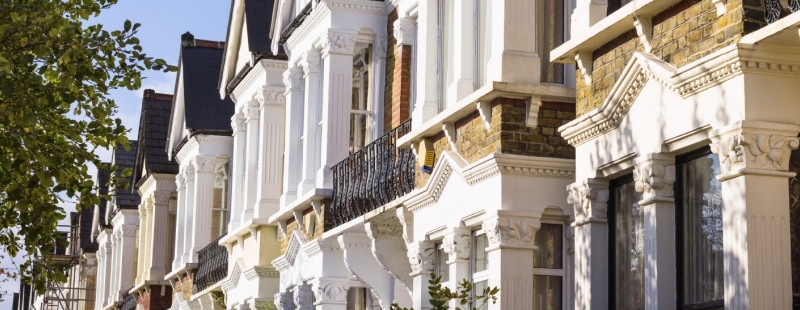Despite the 3% increase in Stamp Duty Land Tax in April 2016 for additional residential properties, there is still unprecedented demand for properties for buy to let (BTL) investors. For those considering a buy to let property, there are many factors to consider, and below we have listed a few of the main points that we feel should not be overlooked:
- House in Multiple Occupation (HMO) – consider whether the property is a HMO, where one house is made up of three or more people that share common facilities (such as a bathroom and kitchen) and who do not make up one household. Amongst other things, landlord’s should be particularly aware that some HMO’s (those with 5 or more people, in a building more than 3 stories high with shared common facilities) will require a HMO licence from the local authority. A HMO licence lasts for a maximum of 5 years and failure to obtain one can result in an unlimited fine.
- Tenancy Deposit Protection Schemes (TDPS) –what to do with it. For most landlords they will be mindful (and well advised) to ask their tenants for a secured deposit prior to the tenancy beginning. The deposit needs to be placed into a government approved TDPS within 30 days of being received from the tenant and the landlord must then provide the tenant with information regarding the TDPS. Failure to protect a deposit under a TDPS can affect the rights that a landlord may have in evicting tenants and the procedure that the landlord needs to take in order to regain occupation of the property.
- Safety measures – landlords should provide a fire alarm on each floor of the property and carbon monoxide alarms in all rooms that have a solid fuel burning appliance present, such as a wood burner or an open fire. Failure to comply with the necessary Fire Regulations can result in a fine of up to £5,000.00. The property should also be in a good state of repair and BTL landlords should ensure that they comply with any necessary health and safety measures.
- Right to Rent – Since the 1 February 2016 landlords must comply with s39 – s41 of the Immigration Act 2016. This means that a landlord must ensure that all of its tenants have the right to rent in England. To help achieve this landlords should carry out thorough identification checks of any prospective tenant and obtain from them proof that they have a right of residency in the UK. Failure to do so can result in a fine of up to £3,000 for a landlord.
- Gas Safety – Prior to any tenants moving into the property the landlord must provide the tenant with a gas safety certificate. The gas appliances in the property must be checked annually by a Gas Safety Engineer and it is important to ensure that the annual checks do not lapse.
- Energy Performance Certificate (EPC) – an EPC measures how efficient the property is. One must be available to tenants being offered the property to let and must be available for inspection throughout the duration of the tenancy.
- Electrical Installation Certificates – All electrical appliances provided should be safe and fit for purpose, to ensure that they do not pose a threat to any tenants. Any electrical works need to be carried out by a qualified electrician that can provide you with an Electrical Installation Certificate.
The above provides just a few of the key points that need to be considered by residential landlords. However a landlord should also consider having a detailed agreement which sets out the terms upon which a tenant will occupy a property. These often come in the form of an Assured Shorthold Tenancy, Clapham & Collinge Landlord and Tenant Team would be delighted to review and/or prepare these key documents to make sure they are legally compliant and offer the landlord peace of mind that their investment is well looked after.
Contact us today on 01603 693500 or email us using the ‘Make an enquiry’ form. Appointments available at our Norwich, North Walsham, Sheringham and Brooke offices.
